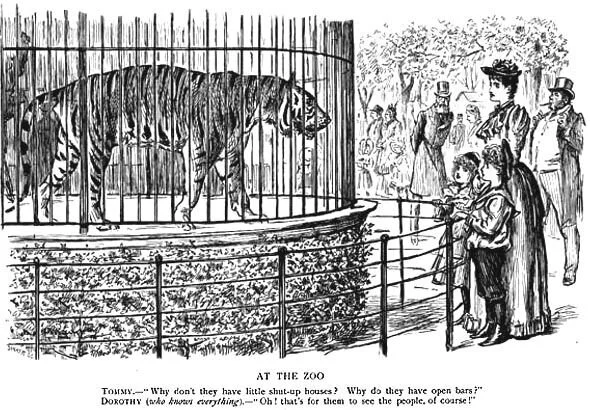Escaping the zoo of conveniences
It was after a visit to the Jardin des Plantes, the botanical garden in Paris, that he got the inspiration for his now famous poem “The Panther”.
In it, the poet Rainer Maria Rilke describes the daily routine of this wild and strong animal. He describes how the animal is steadily pacing with gentle steps around the center of its cage. How it is trying to look outside but is not able to see the world behind “a thousand bars”.
He describes the animal’s fight to keep its eyes open, drawn so weary from its monotonous routine. By always being watched by the visitors outside.
Cage of convenience
Like the panther in the cage that Rilke saw, we have built our own cages. They are no longer made of steel bars and concrete but have been replaced by convenience and technology. We are furnishing our cages, tracking our heart rates and making it ever harder to leave them.
We have seen a strong rise in life expectancy over the past centuries. This is seen as a sign of progress. We all live longer.
But are our lives also full of life?
What if people died younger 10,000 years ago but their life experience was fuller than everything we will ever experience in our lifetime?
Most wild animals live longer in captivity. But it is unnatural to lock them away and feed them, to deprive them of movement, to turn them into pets for visitors to enjoy.
Aren’t we sometimes like those zoo animals?
Striving under uncertainty
Humans and everything living is inherently anti-fragile. Not only are we robust to certain forms of uncertainty and physical strain, we thrive under it. When we exercise we destroy muscle fibers and rebuild them to get stronger. If we don’t, we atrophy.
Humans have evolved in the harshest of environments. We have learnt to deal with hunger and thirst. To get food, we had to move.
It is the paradox of modernity that we think “more is better”. But what makes us believe our bodies will thrive if we nourish them 24/7? Even if it is with avocado smoothies and kale chips. Nature is not a supermarket. In fact, it is more like a slot machine with uncertain rewards.
To put this more explicitly: We are intended to take on physical challenges. Intended to deal with scarcity. Intended to improvise when faced with adversity. This is what makes us human.
Less is more
Fundamentally, the question should not be: how can we make life more convenient? The question should be: how can we experience more of the discomfort that makes us thrive?
It's not about adding new things, doing new things with technology but rather asking: What can we take away to challenge ourselves a little more.
What we need is a shift away from the thinking that we are fragile. That we are like wine glasses that always need to be in a padded air envelope.
What we need is to trust in human capabilities. To trust in our own complexity and the power of individuality.
We are like the powerful tamed panther behind the bars.
Rewilding ourselves
How do we live a full life and not just a long life?
By seeking discomfort and charting our own path. By trying to think for ourselves. By doing the things that make us whole, whatever that is.
For me it’s exposing myself to nature. Visiting remote places alone. Taking my place in nature with nothing more than a sleeping bag, feeling how small I am. Depriving my body of food through fasting. By using my hands to build things in the real world with wood.
This makes me feel human.
In one of his poems David Whyte writes:
“Anything or anyone
that does not bring you alive
is too small for you”
Ask yourself: What brings you alive? What is too small for you? Do you really want to stay in your cage that whole day?
Maybe it’s time to go for a walk.
